detail profile no c3 a9mi apor
Peran Yang Di Mainkan Noémi Apor
 A group of landless Hungarian peasants...
A group of landless Hungarian peasants...Hungarians 1978
A group of landless Hungarian peasants accept work as migrant-laborers on a farm in northern Germany where the wages are good, and the wives and family are allowed to accompany them. Though it is in the midst of World War II, they are relatively well-off. However, they glimpse the treatment accorded to POWs and others who are not so gently treated, and at the conclusion of the year's harvest, they choose to return to Hungary and are quickly swept up in the tides of war. This film is part of a series of films by award-winning, well-respected director Zoltan Fabri who devoted much time and effort chronicling the struggle against fascism.
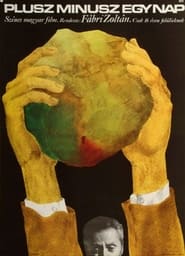 Baradla Gza war criminal returns after 25...
Baradla Gza war criminal returns after 25...One Day More or Less 1973
Baradla Géza, war criminal, returns after 25 years, with his ex-accomplice, Obrád Simon, to the village where he burned houses with people inside and executed partisans. The ex squad-leader is chased to this place by his "heroic deed" and the memory of his love. Like a maniac, he wants to forgive the village residents for having killed six of his soldiers.
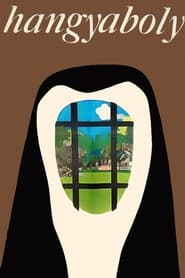 The head of the nunnery is...
The head of the nunnery is...Ants' Nest 1971
The head of the nunnery is dying, and the members are divided in two groups as the election of the new head approaches. Led by Virginia, the younger nuns stand up for changing the strict religious dogmas and would like a modern school with genuine science, a bathroom to be built, and a freer spirit. Their candidate is sister Magdolna, who went to secular universities, too. The seminarists, led by Király Erzsi, also rebel against the older nuns' strict discipline and the depressed atmosphere of the institution. However, Magdolna does not want to stay involved in the fight because she is deterred by Virginia's sinful attraction towards her and the tools Virginia is using to gain victory at any price.
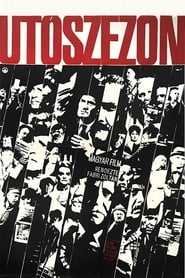 Kerekes Antal Pager believes he is...
Kerekes Antal Pager believes he is...Late Season 1967
Kerekes (Antal Pager) believes he is wanted by the police when his friends play a practical joke in this unusual comedy drama. He returns to his hometown where he was accused of turning a Jewish druggist and the druggist's wife over to the Nazis. With his friends following him, Kerekes tries to find out what became of the couple after they were deported. After being subjected to a mock trial by his friends -- and found guilty -- Kerekes becomes despondent and attempts to kill himself. Flashbacks and hallucinations are employed to tell this story that occurs during the Eichmann trial. Both the film and Antal Pager gained some unwanted publicity when a Variety article from April 23rd, 1967 accused Pager of being a Nazi collaborator for his role in an anti-Semitic film during World War II.
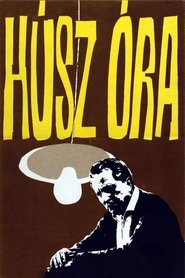 A crusading newspaper reporter covers the...
A crusading newspaper reporter covers the...Twenty Hours 1965
A crusading newspaper reporter covers the Soviet invasion of Hungary in 1956. Initially critical of the communists, the feature later espouses the virtues of the social changes implemented since the invasion. The title refers to the period of time the reporter spent interviewing witnesses to the invasion.
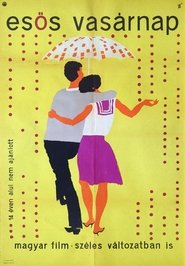 A new teacher arrives at the...
A new teacher arrives at the...A Rainy Sunday 1962
A new teacher arrives at the secondary grammar school. The girls are all crazy for the handsome, blonde young man, except for the most excellent pupil, Balázs Ági. Yet Pali starts paying his attentions to no one else but her.
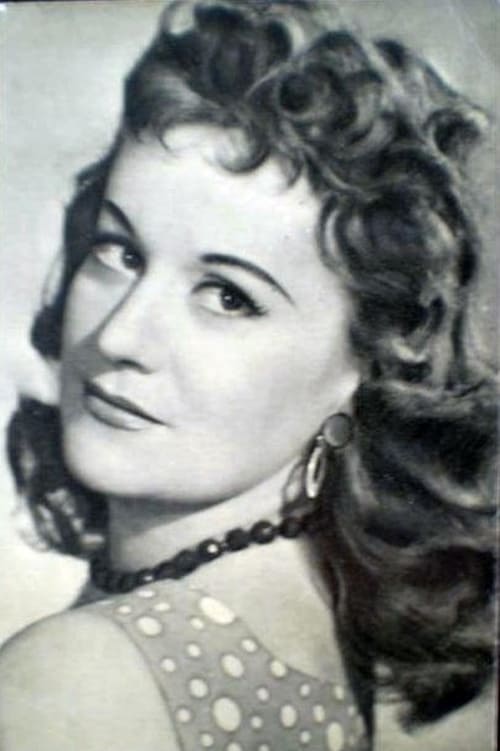
 Hungarian TV movie based on a...
Hungarian TV movie based on a...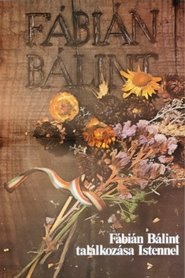 1918 Fbin Blint is forced to kill...
1918 Fbin Blint is forced to kill...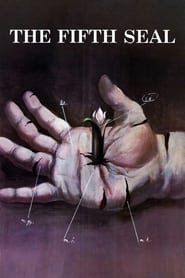 In 1944 Budapest one of a group...
In 1944 Budapest one of a group...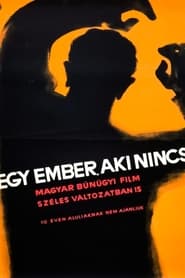
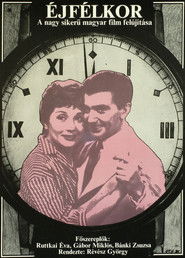 On New Years Eve in 1956 the...
On New Years Eve in 1956 the... The twentyyearold Gida having just survived...
The twentyyearold Gida having just survived...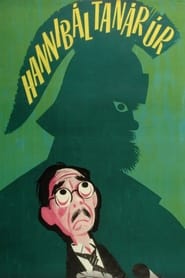 A school teacher becomes a momentary...
A school teacher becomes a momentary...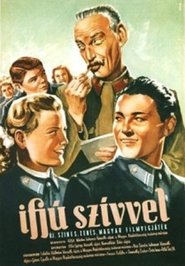 In the vocational school the professionally...
In the vocational school the professionally...